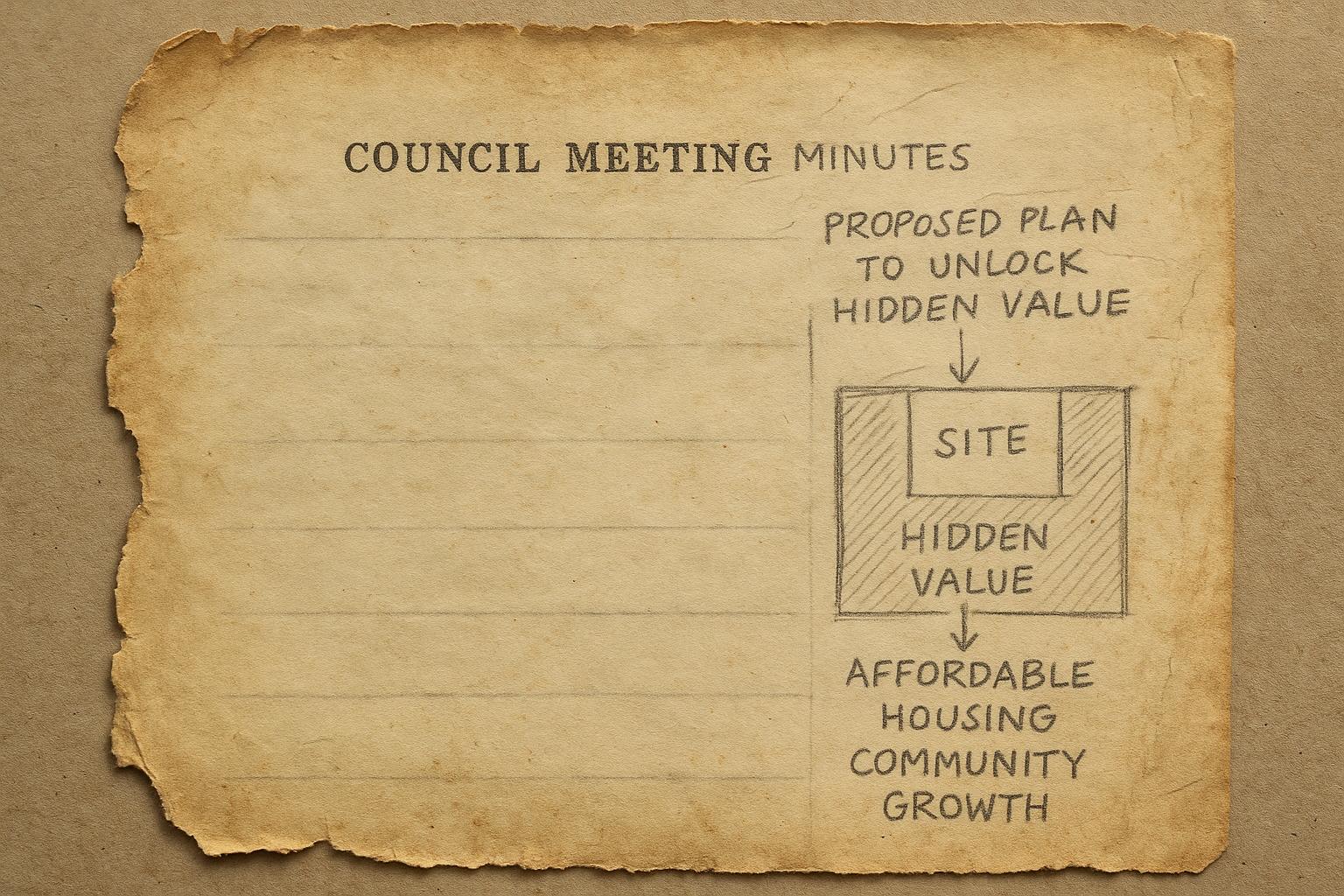MPs have called on the UK government to reform the financial levies imposed on house builders to ensure that the substantial profits generated from land value increases also benefit local communities. According to a report by the Housing, Communities and Local Government Committee, current mechanisms—comprising section 106 agreements and the Community Infrastructure Levy (CIL)—are failing to deliver essential amenities such as schools and GP surgeries for residents. The inquiry highlighted that these processes suffer from lengthy negotiations and inconsistent local approaches, burdening already under-resourced planning departments and weakening the delivery of affordable housing.
The report criticised the ability of developers to negotiate down their affordable housing contributions on viability grounds even after development has begun. It urged upcoming government reforms to ensure that agreed commitments on affordable housing are met, allowing alterations only in the most exceptional circumstances. The committee also recommended that every local authority in England set a minimum affordable housing target in their local plans, with a fast-track planning route for schemes that meet this threshold. This recommendation comes amid concerns over the government’s capacity to meet its target of 1.5 million new homes, with delayed publication of a long-term housing strategy leaving the industry uncertain about the future trajectory of housing supply.
One of the report’s key themes is the potential for more robust land value capture to fund infrastructure and affordable housing, especially for proposed new towns on greenfield sites. The committee noted significant prospects for using land value uplift to finance these developments but expressed deep reservations about the government’s announcement of 12 potential new town sites without a corresponding planning policy to protect land values. They called for the establishment of development corporations by the Autumn Budget 2025 to begin land acquisition by spring 2026 and recommended that these bodies prioritise homes for social rent within the 40 percent affordable homes requirement, rather than other less accessible affordable housing types.
Despite these calls for stronger affordable housing requirements, recent emergency measures in London have reduced the proportion of affordable homes required for a fast-track planning route from 35 percent to 20 percent. The government described these changes as necessary to counteract a “perfect storm” of spiralling construction costs, high interest rates, pandemic impacts, and regulatory hurdles stalling housebuilding in the capital. However, the Greater London Authority warned the committee that cutting affordable housing targets could inflate land values and developer profits and ultimately slow delivery. Committee chairwoman Florence Eshalomi expressed serious concern over this reduction, emphasising the need for homes that are genuinely affordable to local people alongside more supply.
The issue of land value capture has long been debated beyond this recent report. As early as 2018, MPs recommended that councils should be empowered to capture a significant proportion of the uplift in land values generated by public policy decisions. Agricultural land, for example, can see its value soar from around £21,000 to £1.95 million per hectare when granted residential planning permission. To address this, reforms have been proposed to the Land Compensation Act 1961, which would allow local authorities to acquire land at fairer prices and simplify compulsory purchase processes, ensuring more investment in infrastructure and services. These reforms aim to prevent inflated land prices from blocking housebuilding and ensure local communities share in the benefits of development.
Recent research by the New Economics Foundation underlines the economic barrier that inflated land prices pose, particularly highlighting the government’s struggle to deliver enough social homes. By eliminating the “hope value” that inflates land costs when sold to local authorities, it is estimated that building 90,000 social homes annually could be made £4.5 billion cheaper. This study advocates scrapping rules that compel local authorities to pay inflated prices and pushing for stronger developer contributions, all in an effort to make housing genuinely affordable.
Planning gain mechanisms, such as section 106 agreements, are designed to capture some of the uplift in land value created by planning permission, requiring developers to contribute towards public goods including affordable housing and infrastructure. The Community Infrastructure Levy provides a standardised approach for local authorities to charge developers for infrastructure supporting new developments. However, the combination of these methods has proven insufficient in practice, often complicated by prolonged negotiations and local variability.
The Ministry of Housing, Communities and Local Government maintains that it is committed to increasing housing supply through measures including the upcoming Planning and Infrastructure Bill, substantial investment in social and affordable housing, and a New Towns programme. A spokesperson indicated that the government is seeking to streamline section 106 negotiations and will respond carefully to the committee’s report.
Crucially, the debate continues on how best to balance rapid housing delivery with the provision of affordable homes and vital community infrastructure. While supply is essential, the parliamentary committee and other stakeholders assert that developments must also meet the fair expectations of local residents through meaningful contributions from developers, backed by effective land value capture reforms.
📌 Reference Map:
- Paragraph 1 – [1] (The Independent)
- Paragraph 2 – [1] (The Independent)
- Paragraph 3 – [1] (The Independent)
- Paragraph 4 – [1] (The Independent)
- Paragraph 5 – [1] (The Independent)
- Paragraph 6 – [2] (LocalGov), [4] (Public Sector Executive)
- Paragraph 7 – [5] (New Economics Foundation)
- Paragraph 8 – [6] (Wikipedia - Planning gain), [7] (Wikipedia - Community Infrastructure Levy)
- Paragraph 9 – [1] (The Independent)
Source: Noah Wire Services
